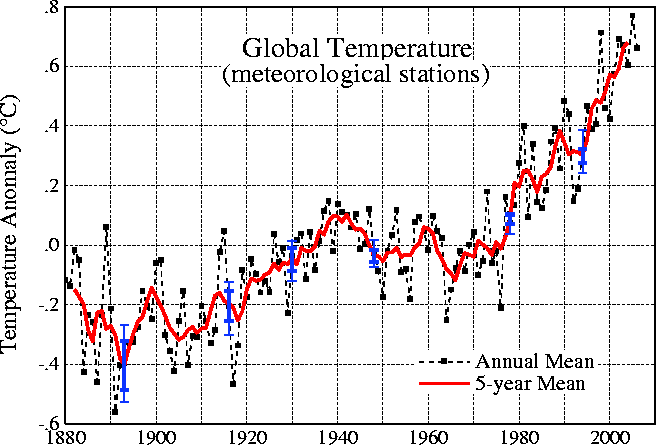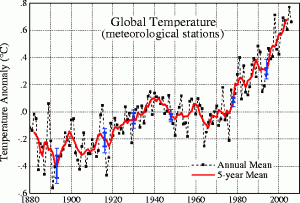

Becoming energy efficient is imperative to working towards a better future for Leesville Road High School. If the school came together to become more environmentally friendly, it could potentially save money, bring the school together and teach students and faculty how to conserve energy.
Christina Larkins, the Conservation Coordinator for Wake County Public Schools, discussed the school system’s Environmental Stewardship Program. The goals of this program are to “educate and engage students and staff in the conservation effort.”
The four areas the program is divided into consist of: concentration on saving electricity, saving water, reducing the use of chemicals and improving air quality, and recycling at the school. However, Leesville has not yet implemented this program.
“To begin, Leesville High School should identify an Environmental Stewardship Coordinator (usually a teacher) and establish a Stewardship Support Team or Club made up of students, additional staff and/or volunteers,” suggested Larkins. “Your team members are the messengers and can spread the news or conservation ideas through morning announcements, articles in your newspaper or in the PTA newsletter. Your role as an environmental steward is to get everyone in your school to consider energy and our natural resources in their everyday life.”
Though engaging in the Stewardship Program could be a big accomplishment for the school, there are also ways that students can individually work to save energy.
“Energy efficiency is everyone’s responsibility,” said Larkins. “Keeping doors and windows closed while the HVAC System (heat, ventilation and air conditioning) is operating, turning off monitors and shutting down computers at the end of each day and turning off lights when leaving a room are the top three habits to initiate.”
Sounds easy, right? All students and faculty need to do are keep these simple tasks in mind. Getting into energy-saving habits could do Leesville a lot of good. However, students can also work to protect the environment outside of school just as easily.
“Students could have a much bigger influence by saving gas in any way possible and using products that are renewable or minimally effect the environment,” said Raymond Stone, Earth and environmental science teacher. These could include going for the “green” option when purchasing household cleaners, such as selecting Seventh Generation products. “Good stewardship by all students could make a big impact. If all students served as good examples for stewardship, adults would follow their example. Some people already do this but many think it’s not necessary or it’s inconvenient. One day we will all understand it’s everyone’s job to protect our environment. It’s the only one we have.” Unfortunately, that statement couldn’t be any more true. With the onslaught of more people, more cars, more factories, and more production, students need to become more environmentally conscious and learn how to protect the Earth they inhabit.
Though students may not realize it, striving to protect the environment and saving energy are vital skills that they will need to possess in the future. As the population increases and more energy is used, people will have to find ways to conserve energy and do their part in protecting the environment.
“Energy is a topic that continues to grow in importance as the global population faces energy challenges and opportunities. Today’s students must learn to apply energy technologies to use energy more efficiently, to lessen or eliminate environmental impacts of energy use, and to find new ways to use our energy sources more wisely and more economically,” said Larkins.
So far, the school has participated in the Wake County FEED THE BIN recycling program. More than 8 million pounds of paper have been recycled through the program since 2004.
Additionally, Leesville has an active environmental club. “The environmental club and environmental classes have focused on clean-up and recycling so far,” said Stone. “As a result of the club’s efforts, much energy is saved by reusing stuff, particularly paper and plastic. Also our landfill is not impacted as much since most of the space in landfills is taken up by paper and plastic.”
Many people retain the attitude of “why bother? How can something I do on such a small scale do anything at all for the environment?” Minuscule, individual deeds are what will build up to save our environment. Students could, in turn, inspire their friends to do the same. Sooner or later, the entire school would be working together to become more energy efficient. Leesville could become a role model for other schools to follow: it all begins with a small act of stewardship.